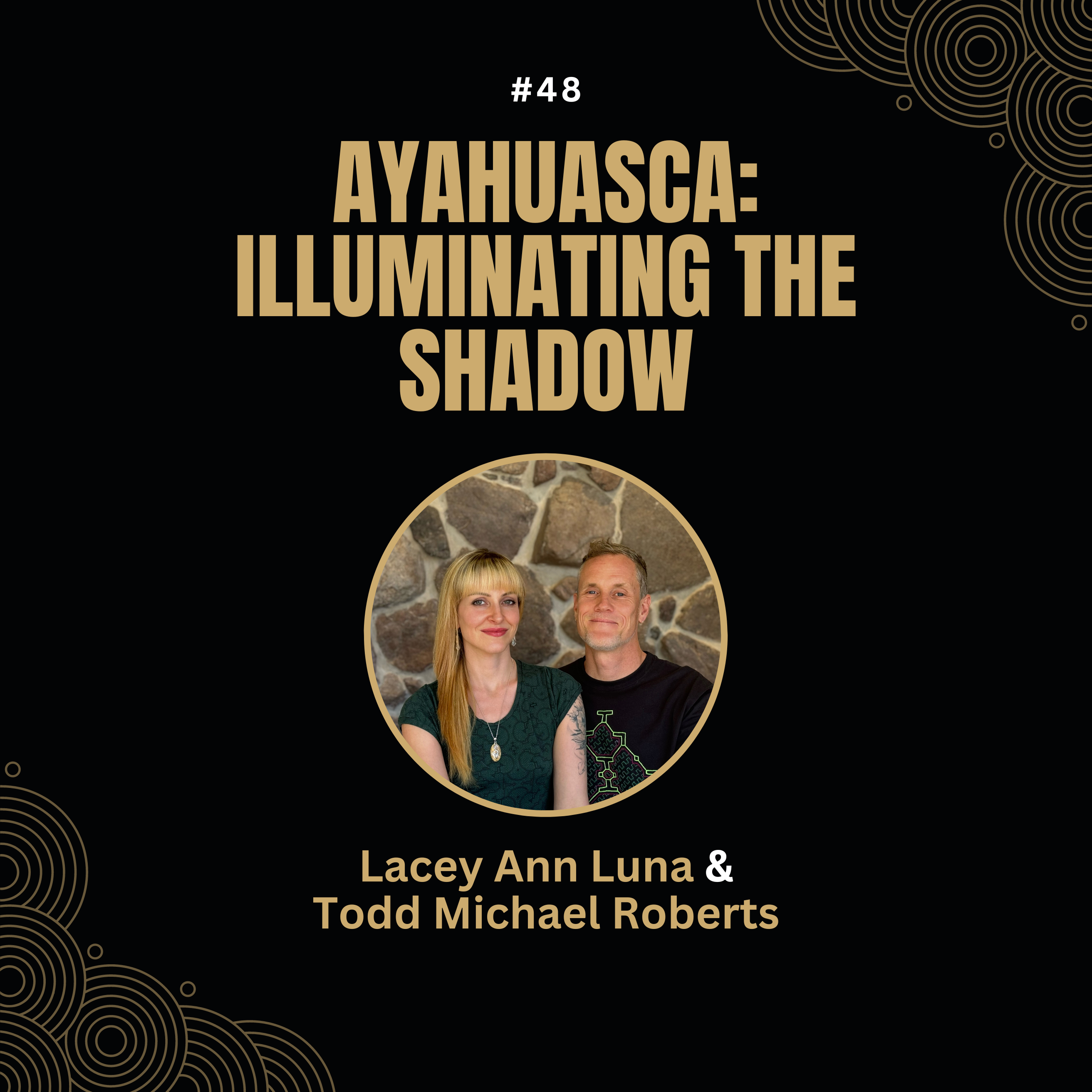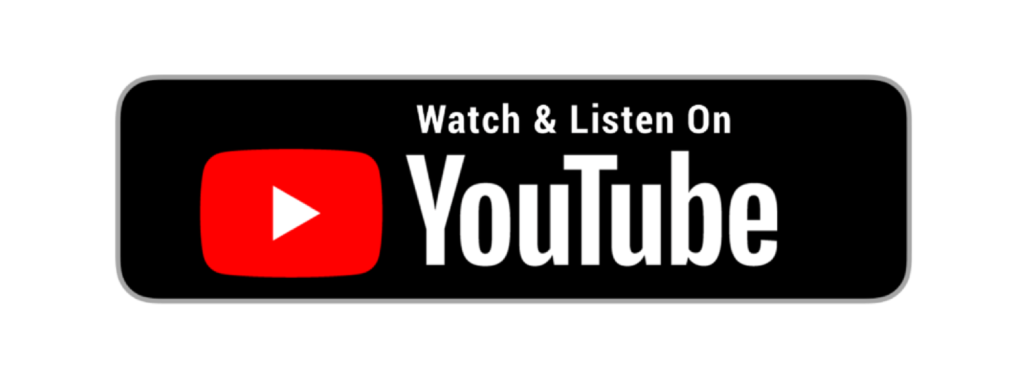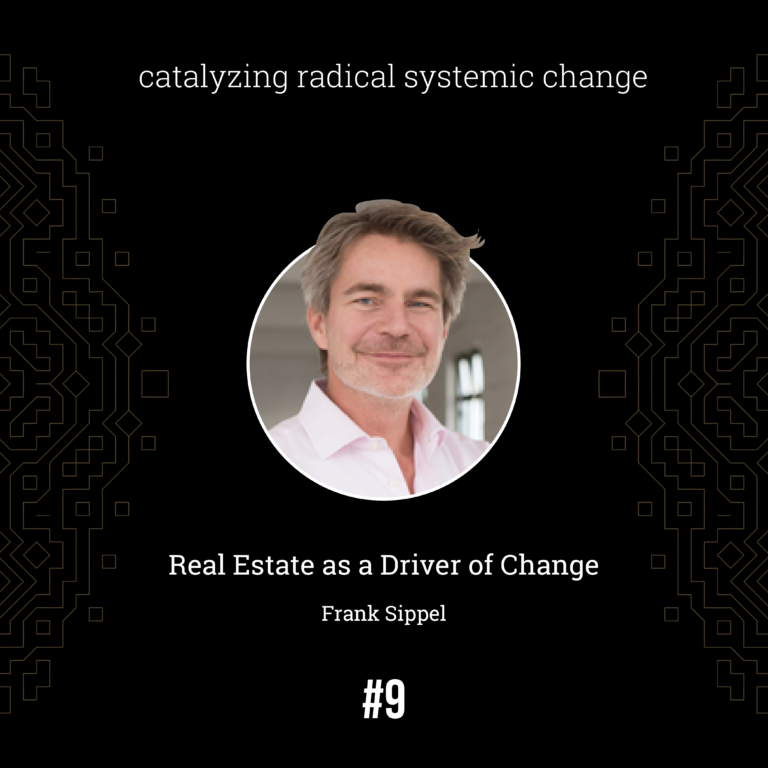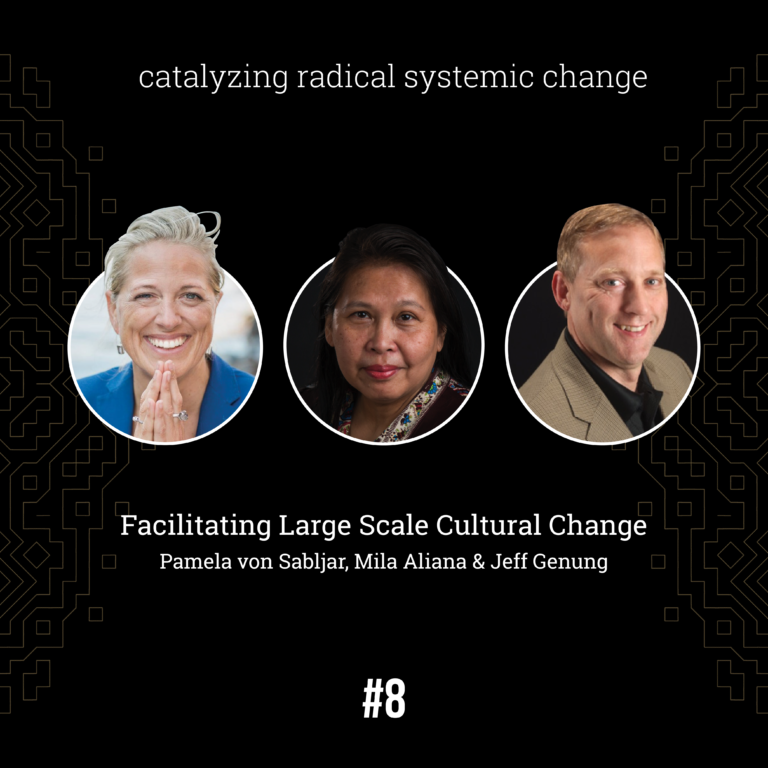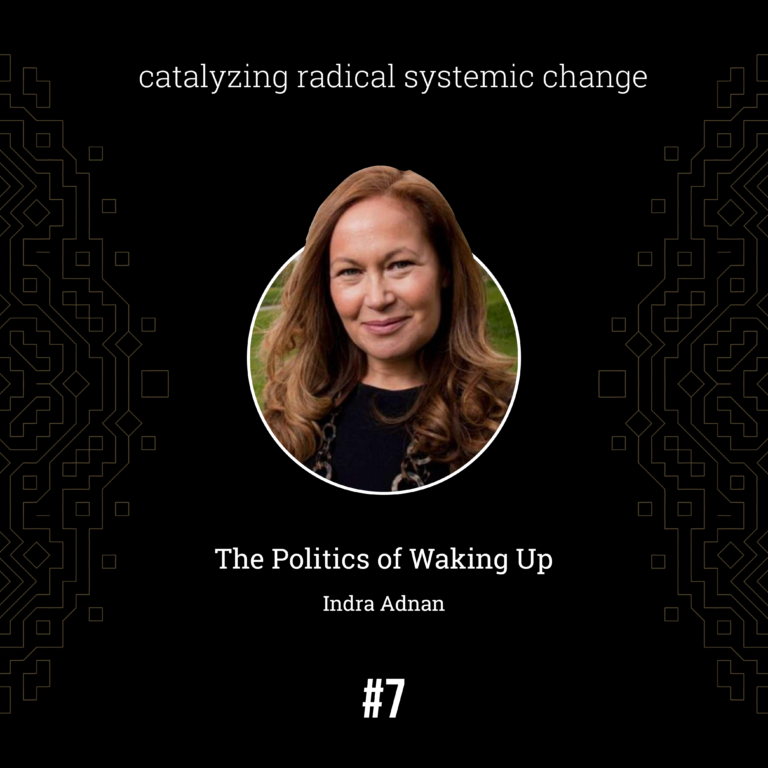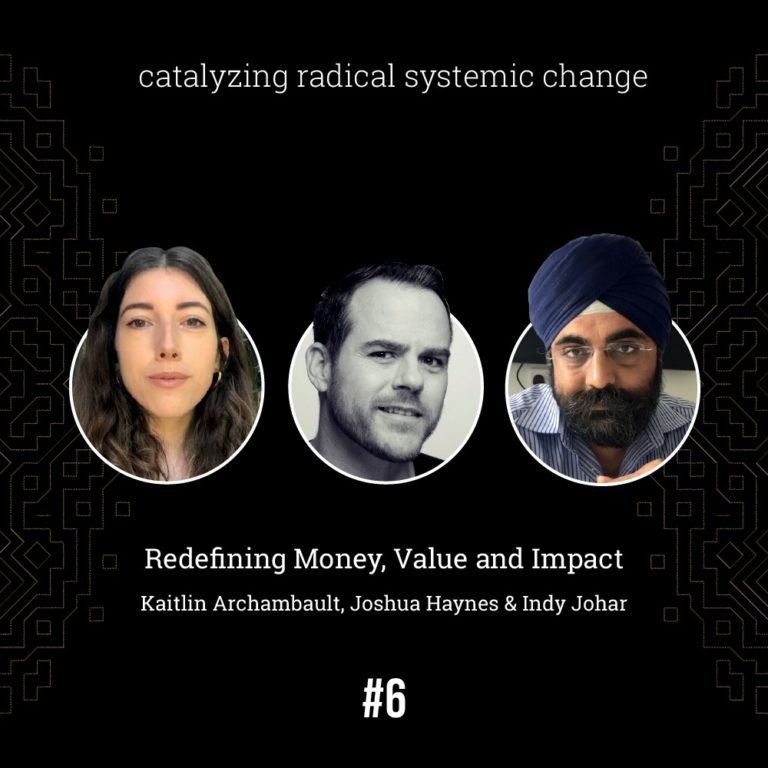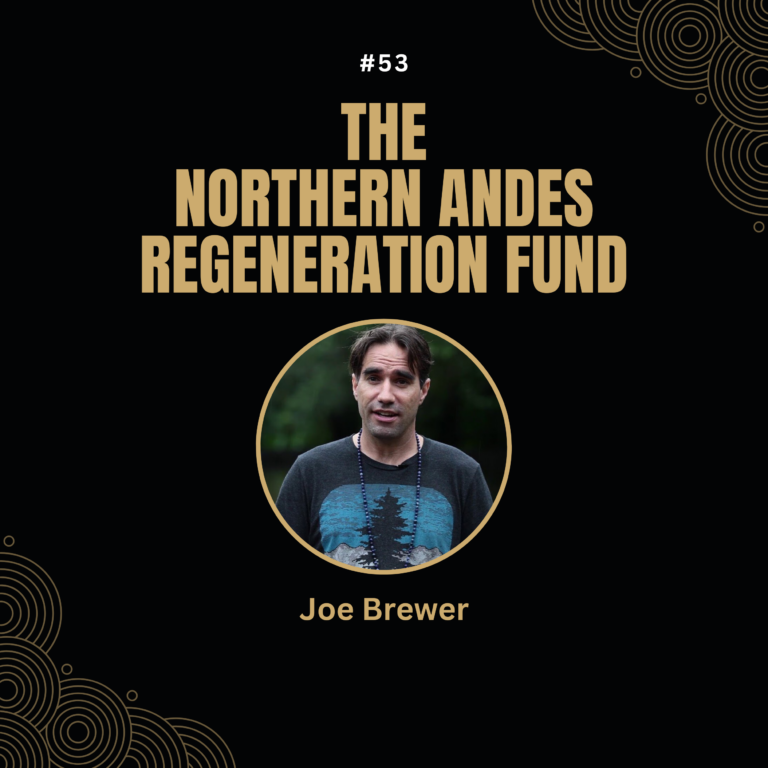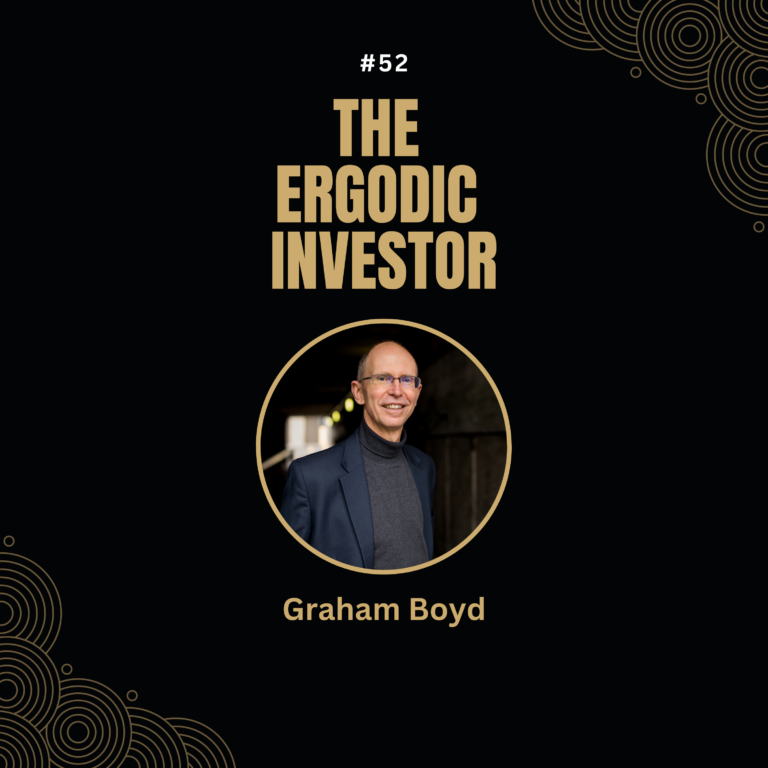Ayahuasca loves to take prideful people and rub their noses in it.
I mean it can make you beg for mercy like nothing.
You have to really approach it humbly.
Terrence McKenna
Having spent myself roundabout a hundred Ayahuasca ceremonies, and being immersed in the international market for plant medicine and ceremonies at large for 14 years now, it’s high time we shed light onto the underbelly of the Ayahuasca industry, but also share best practices, how to serve medicine in integrity, and try to find out what a standard for serving medicine could look like.
It’s my great pleasure to be in this virtual room together today with Lacey Ann Luna and Todd Michael Roberts who both have decades of experience with plant medicine, are deeply rooted in the Shipibo tradition, and have served as head facilitators at some of the most renowned institutions. They are now offering ceremonies in the Sacred Valley in Peru, where they built their own container and process design with the aim at refining their experiences, both holding an indigenous perspective, as well as combining it with Western approaches for preparation, and integrating these peak experiences, with a special focus on being trauma informed.
Like always in my podcast I want to introduce the guests and have them share their pivotal moments from their biographies which link them with the topic of today’s podcast.
What does serving medicine in integrity mean?
- Why do people do Ayahuasca? And how does the intention set the tone for the experience, or not?
- More medicine is not always the answer!
- Make sure you do a background check on the facilitators
- Where do you get your plant medicine from? Where is it sourced from? Who made the ayahuasca?
- What is in the medicine? The full spectrum of the ingredients and where you source them from should be clear.
- How is the ceremony held? Are the Ikaros sung live – or just a list put on? What’s the ratio of people coming and facilitators? Are general safety standards met? Is there space for preparation and integration? Is there a medical emergency protocol?
- Are there clients you don’t take, considering both the physical as well as the mental health (bipolar, schizophrenia; especially when people are phasing out psychopharmaceuticals)?
- Modalities to help facilitate and integrate: being trauma informed, somatic therapy, having worked through their own traumas and biographical material, compassionate inquiry, Yoga, meditation, other ancient indigenous practices, i.e. sweat lodge.
The Underbelly of the Ayahuasca Industry
- What does serving medicine even mean? How much experience do the facilitators really have? Often on paper it sounds good but having spent five years in ceremony is not a lot. What is the background to have fully embodied to facilitate the space, and what can potentially happen?
- What is the personal medicine work the facilitators have done so far? In what tradition are they rooted in? We feel that being deeply rooted in the ceremonial space – and the amount of time spent in ceremony – is the most important. Certifications are the cherry on the cheesecake.
- Cconomic pressures forcing centers to cut corners and therefore take risks to fill retreats and please investors.
- Quick fix mentality approach aka looking for a one shot miracle.
- Guests that are not ready for ayahuasca and the deep personal work and commitment that it involves especially in a large group container; instances of not properly being prepared due to “sense of urgency”.
- Silicon Valley approach; figuring out how to be better at work; caveat that comes with that, that it’s actually really about shadow work and not just a coaching modality.
- Be aware of falling for the “best Ayahuasca center”, as there is no third party agency testing the quality.
- Commodification of Ayahuasca, because usually in big centers, the intake and the groups are formed and then the facilitator is just thrown into the process.
- What differentiates the approach of Intertwining Medicines with the big retreat centers you both worked at as facilitators? The ratio of clients and facilitators; the different pace than corporate ayahuasca centers, for profit; lower guest turnover rates; thorough pre-screening; not accepting requests
Taboos & No-Go’s
- sexual transgression & abuse
- lack of cultural background on holding physical boundaries
- cleaning mechanism (i.e. on a stomach with the mouth of the stomach)
- for the most part large centers are informed of that
- position of power from facilitators if often abused
- prime people of what may happen in between the healer and the guest
- normally there is not a physical contact in between the healer and the guest
Black Magic
- Throughout all indigenous and mestizo ayahuasca shamanism
- Accepted and common way of doing things based on the cosmovision held by particular groups
- family lineage jealousies, wars, disputes (old and new), family territorial retreat center takeovers
- Attacks, manipulation & enchantment to gain power and influence over individuals physically & energetically (vampires)
- Seeking fame, money, power and influence
- Soliciting cures to help to weak individuals in need of help
- Crossing the line by using black magic to attack others (in the name of protection)
Lacey Ann Luna
Originally from the United States, Lacey is an international yoga teacher specializing in various styles including yin, vinyasa, hatha, and hot yoga. Her journey with Peruvian plant medicines began in 2010, and she started traveling to Peru in 2011 to deepen her work with plants.
From 2013-2018, Lacey participated in ayahuasca ceremonies in the USA and the UK. In January 2019, she joined the Temple of the Way of Light in Peru, connecting deeply with the Shipibo tradition and starting her apprenticeship with plant dietas. In 2022 and 2023, she facilitated at Soltara Healing Center in Costa Rica.
Since 2019, Lacey has been in full-time apprenticeship with the Shipibo tradition, holding her own small ceremonies and singing Shipibo icaros. She lives in the Peruvian Andes, offering pranic healing, online coaching, and spiritual development sessions worldwide. Her vision is to elevate human consciousness through the wisdom of plant medicines.
Todd Michael Roberts
Todd, born and raised in the Pacific Northwest of Canada, is a university graduate, multidisciplinary visual artist, and outdoor athlete. His initiation with ayahuasca began in the winter of 2004 with his first Shipibo-based ceremony on Vancouver Island, sparking a profound transformational journey alongside the practice of Vipassana meditation.
After a personal life shift in 2012, Todd visited the Temple of the Way of Light in the Peruvian Amazon as a guest. It was there that he truly began his apprenticeship as an ayahuasca retreat facilitator, while also learning from the Shipibo curanderos through the realm of plant dietas. In mid-2019, he joined the Soltara Healing Center in Costa Rica, eventually becoming the Director of Retreats. In spring 2023, Todd relocated to Peru to continue his personal work on the plant medicine path and to join Lacey in supporting the operations for Intertwining Medicines.
